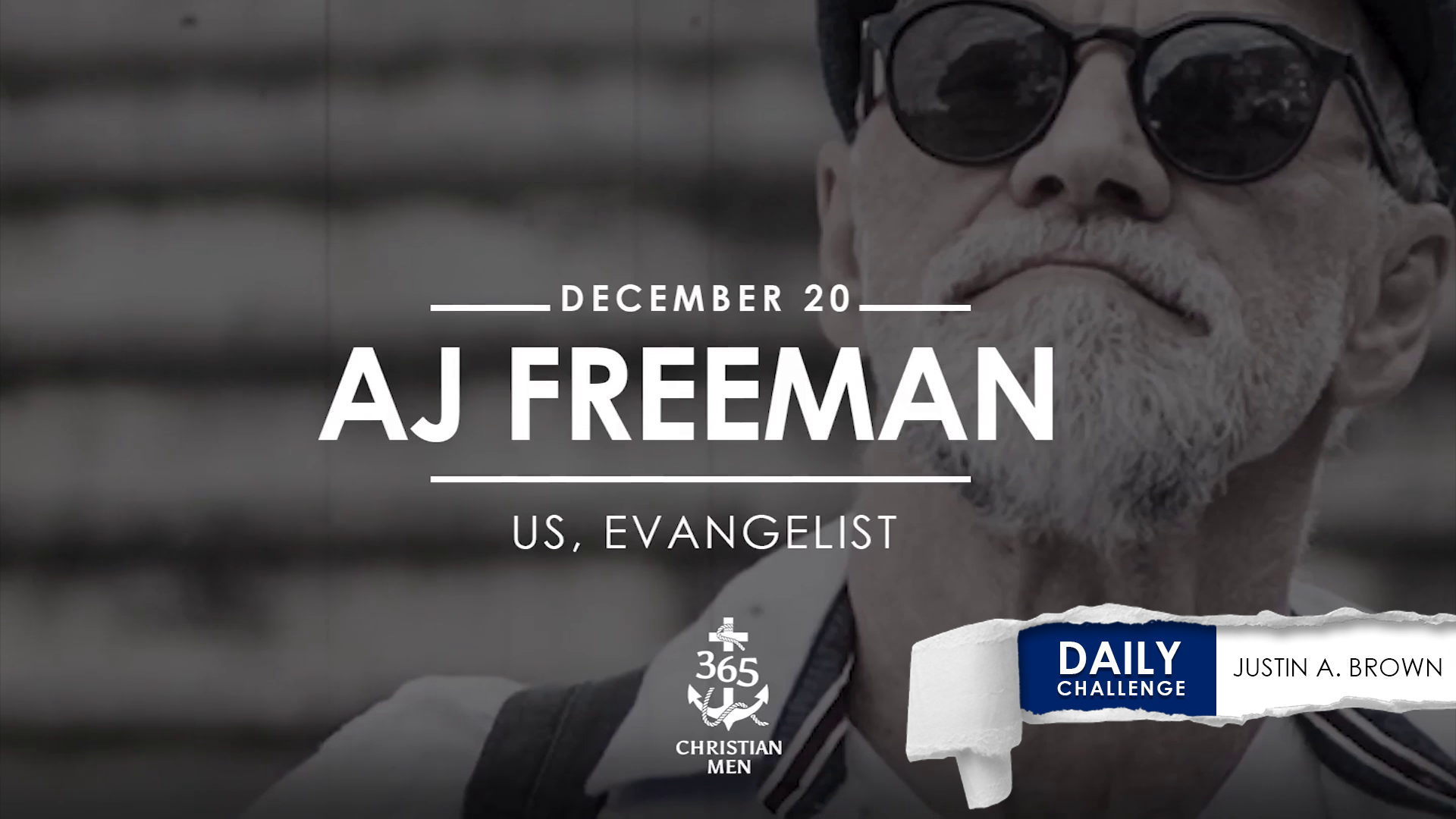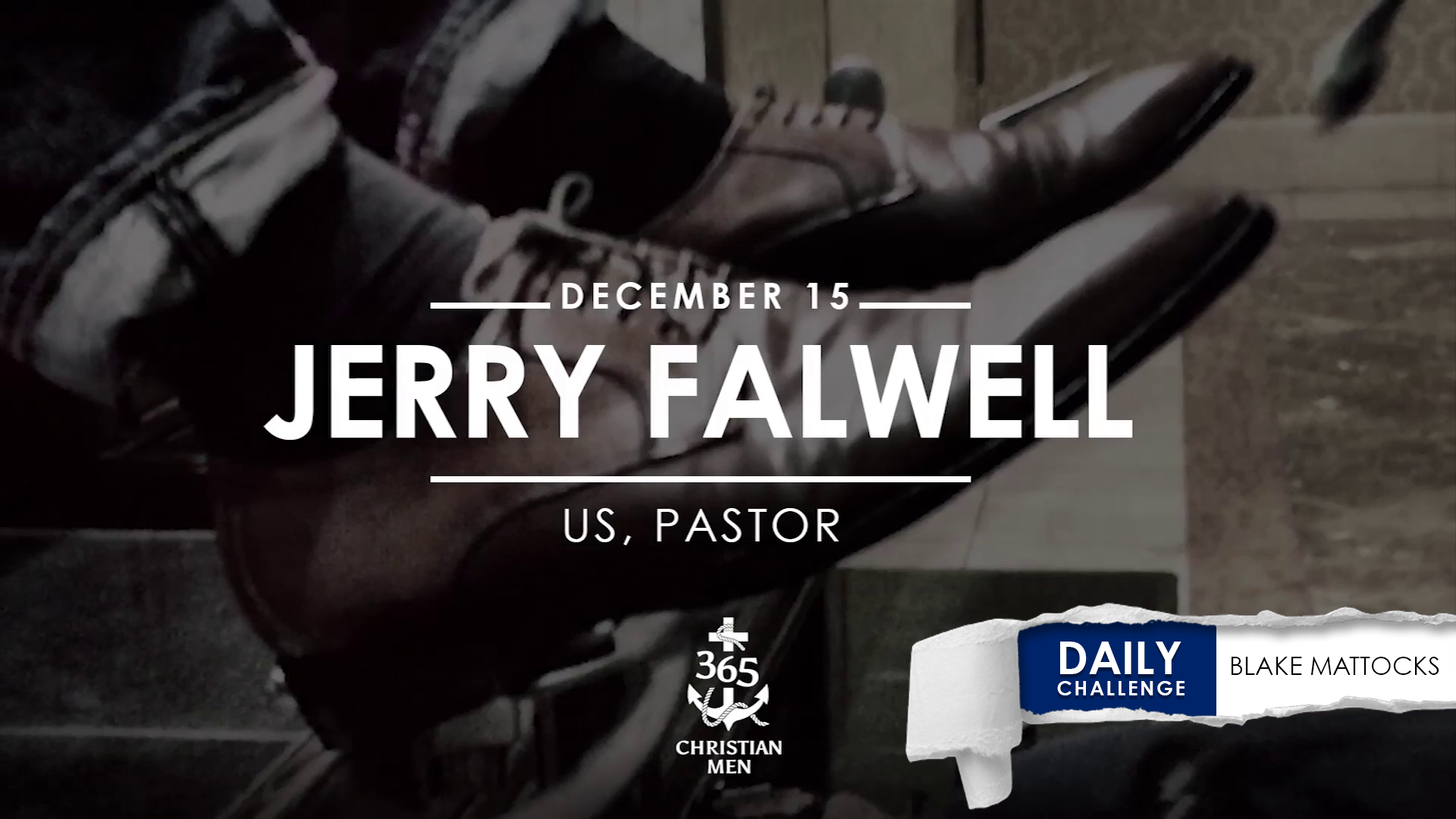December 22. Hugh McKail. When Hugh was 20 years old, he was ordained a pastor. When he was 21, the government ousted him from his church and called his preaching illegal. When he was 26, on this date in 1666, Hugh was executed because he refused to name the King of England the head of the Christian Church. This is how it happened.
Fear God, and you won’t need to fear men.
Excruciating pain overwhelmed Hugh, and he passed out. As he came to, he realized his abusers continued to hammer metal rods into his bone. His leg had been encased in the vice commonly known as the “boot” and was crushed between heavy slabs of wood.
Still, he wouldn’t give in. He gritted his teeth and refused to divulge the names of his brothers and sisters, who stood their ground in their belief that Christ—not the government—was the head of the church. Hugh would never make an oath to the king, calling him the head of the church. He answered to God, not man. Hugh would remain true to the Lord and to his brethren, who outsiders called “the Covenanters.”
Not long after being tortured, Hugh stood trial and was condemned to die by hanging. He said, “Fear of my neck makes me forget my leg. I am not so cumbered about dying as I have often been about preaching a sermon.”
It had been a hard journey to reach the age of twenty-six, but not nearly as difficult as this journey to the scaffold. He crawled up the stairs, dragging his crushed leg, agony ripping through him. That first step reminded him of what had brought him to this place in time.
It started with one particular sermon when he was twenty-one. After studying at Edinburgh, he learned about the conflict between the church and government. After all, Hugh’s own father had been forced out of the pulpit for not obeying King Charles’s unholy demands.
In 1661, Hugh got his license to preach and gained many followers. In that first year, he spoke out eloquently against the tyrannical government. He said, “The Church is persecuted by a Pharaoh on the throne, a Haman in the State, and a Judas in the Church.”
Everyone in the community understood the Bible references: Pharaoh had enslaved and persecuted the Jews, Haman plotted to wipe them out, and Judas had betrayed Jesus with a kiss.
Not long after that sermon, Hugh escaped to Holland. He stayed for three years until, longing for home, he finally returned to his beloved Scotland. Sadly, nothing had changed. Men, women, and even worse, the elderly and children suffered the cruelty of the British army.
Because of this, Hugh joined the rebellion, but illness weakened him on his trek to battle, so he turned back and made his way to Edinburgh, where he was captured. Not for joining the rebellion, but for preaching that one sermon.
Finally, he had reached the top of the scaffold and crawled to the wooden pole from which swung his noose. As he pulled himself up onto his good leg, he spoke his final words: “Now I leave off to speak any more with created beings and begin my communion with God, which shall never be broken off. Farewell, father and mothers, friends and relations! Farewell, the world and all delights! Farewell meat and drink! Farewell, sun, moon and stars! Welcome, God and Father! Welcome, sweet Lord Jesus, the mediator of the New Covenant! Welcome, blessed Spirit of grace, God of all consolation! Welcome glory! Welcome eternal life! Welcome death!”
“Do not fear those who kill the body but are unable to kill the soul; but rather fear Him who is able to destroy both soul and body in hell” (Matthew 10:28 NASB).
Has fear ever kept you from speaking truth? What step can you take this week to prepare for such a moment? Fear God, and you won’t need to fear men.
Archivist. “December 22: Hugh McKail Martyred (1666).” This Day in Presbyterian History. December 22, 2015. http://www.thisday.pcahistory.org/2015/12/december-22–2/.
Stephen, Leslie and Sidney Lee. Oxford Dictionary of National Biography, 1885–1900, Volume 35. United Kingdom: Oxford University Press, 2004.
The Newsroom. “A Heart of Darkness.” The Scotsman. February 18, 2008. https://www.scotsman.com/news/heart-darkness-2452322.
Story read by Nathan Walker
Story written by Sandi Rog, http://www.sandirog.com/














